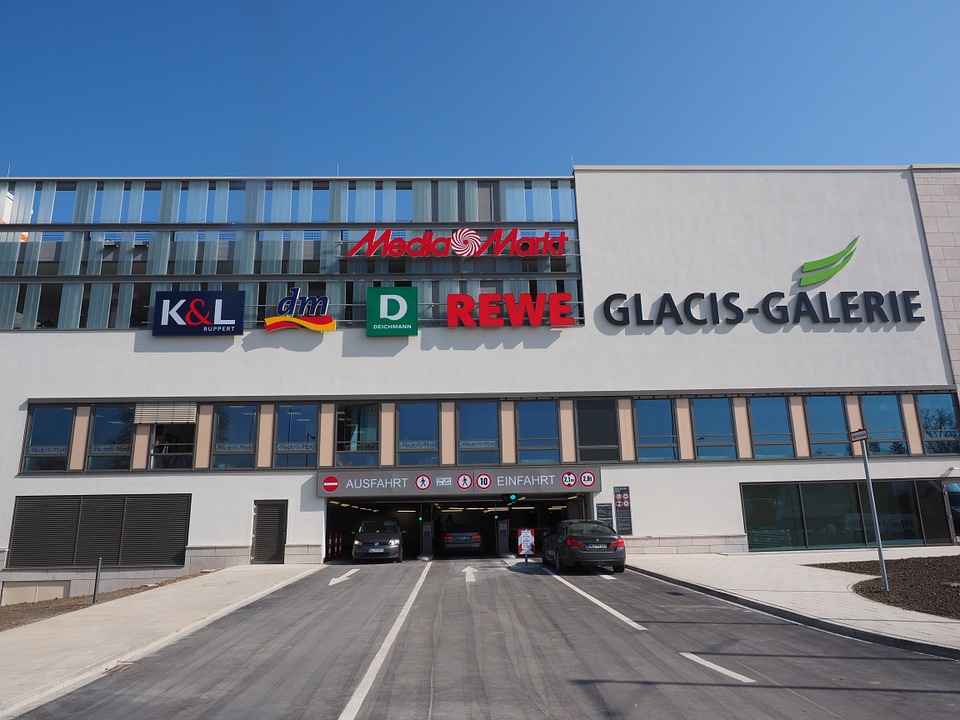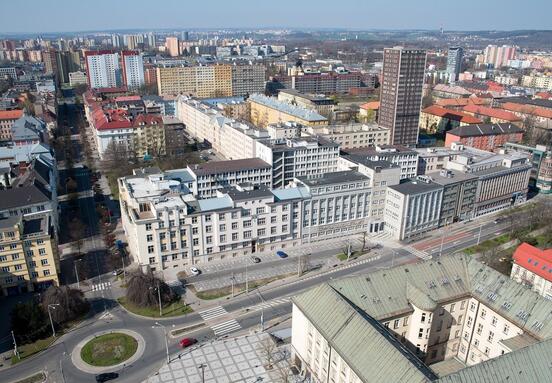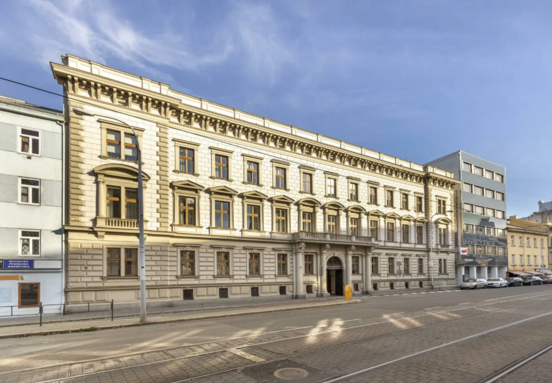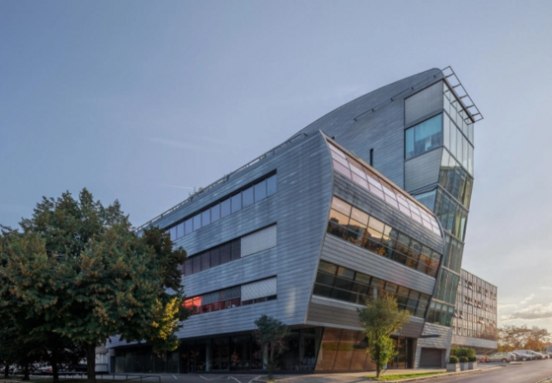The rate of return on a large part of government bonds is negative and we do not expect it to rise in the short to medium term. The environment of low interest rates is also pulling down the yards of European real estate.
The volume of investment transactions is a typical litmus paper on the real estate market. The first half-year shows a year-on-year decline of about 5% in the 18 EU countries under review.
At the end of the year, we estimate it to be 12% less than in 2017, but only slightly below the five-year average. However, there will be more marked differences between countries. France goes up and continues to grow. Prague, Warsaw and Barcelona are attractive to investors looking for a higher rate of return . On the contrary, Germany and especially Great Britain are expected to decline.
Offices remain the most traded asset on the European real estate market. We expect a continuing decline in the availability of free offices in most markets. The low level of speculative construction and supply and persisting demand strengthen investor confidence, and this is also reflected in the compression of yield rates . This year, we continue to expect yield rates to be compressed in the markets where rents are growing, which is the majority of Germany's and France's largest office markets, as well as the CEE region and hence Prague. According to the predictions of BNP Paribas Real Estate, the rate of return on offices should gradually stabilize this year .
Decrease in yields (due to high interest of investors and “price increase”) can be seen in older administrative properties with relatively potential to increase value through active management, rentals or reconstruction.
Warehouse real estate should also record yield rate compression this year, most notably in France by up to 75 basis points. The logistics segment profits greatly from the boom of e-commerce. Most of the construction is tailor-made due to the specific requirements of tenants and the vacancy of modern warehouses remains low . Moreover, with regard to the fact that in some countries the rent will grow due to the absence of development land (it is not really a specialty of the Czech Republic alone). The segment of warehouse and industrial space is negatively reflected in the fall in demand for cars, which affects mainly the automotive industry of the exported countries of the CEE region.
The retail segment is less predictable . High demand remains for premises in brick and mortar stores on busy classes and top locations. Nevertheless, two factors that may affect the sector in the near future should be mentioned. The first is restrictive measures by some municipalities against excessive tourism. We see it in Barcelona, Berlin, Venice. Fewer tourists mean lower sales and potentially lower rental income.

But much more fundamental is the transformation of European consumers' consumer behavior. They moved in bulk to e-shops and are increasingly making purchases online . European shopping centers and retail parks are harder to deal with than the main street shops. This leads many retail owners and managers to introduce new formats. Experiences, discovering and strengthening the food & beverages segment. Those that cannot be purchased on the Internet.
In summary, we see more objective macroeconomic risks stemming from a more explosive international situation. The deceleration of the German economy, which is in danger of falling into recession, is essential for the development of strongly export-oriented countries in the CEE region . Negative impacts are hampered by strong domestic demand, which is driving economic growth not only in the Czech Republic, thanks to low unemployment and wage growth.
In terms of real estate investment, the main challenge will be how to cope with low rates of return in an environment of low interest rates. In the future, it is no longer possible to count on a more significant compression of revenues, which means lower capital appreciation, with the main revenues coming from rental income . Investors will therefore have to work intensively with real estate, increase occupancy and increase rental income to increase the value of their investments.
Source / photo: www.retrend.cz / Lenka Šindelářová (www.checkestates.cz) BNP Paribas SA, Czech Republic branch / Illustrative photo (www.pixabay.com)







